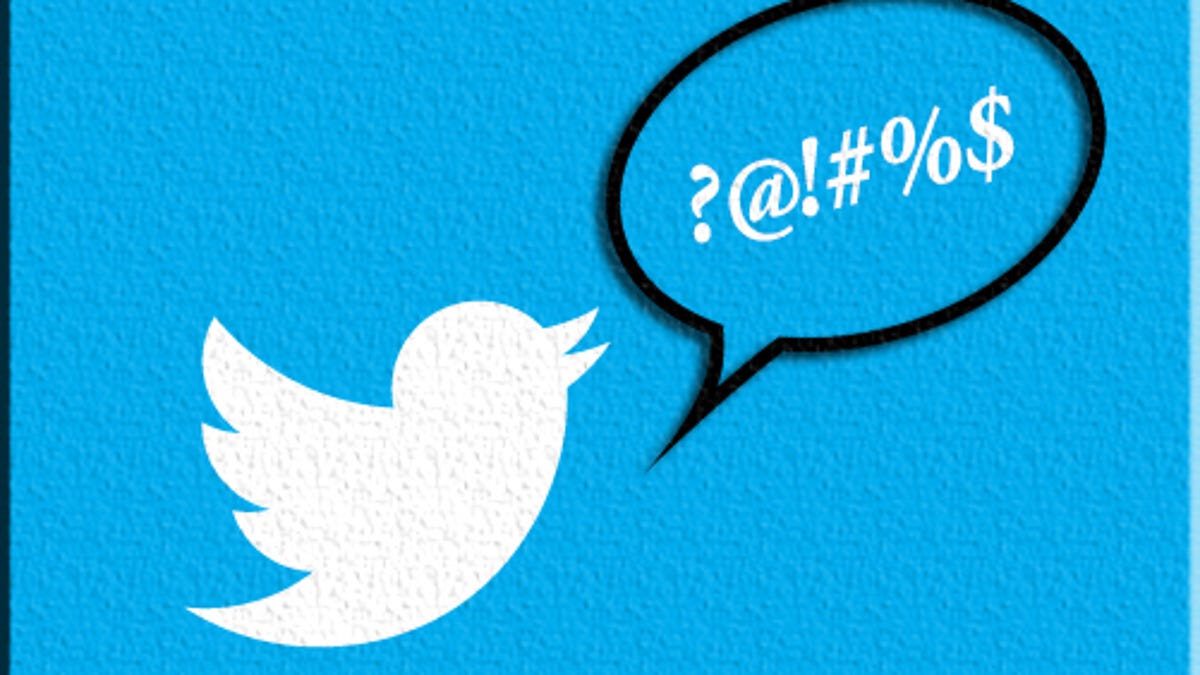Twitter must reveal names behind anti-Semitic tweets, rules French court
A Paris court has struck down an appeal by the microblogging site, says French newspaper Le Monde.

Twitter has been ordered by a French appeals court to produce the names of the people behind any anti-Semitic tweets, according to Le Monde.
On Wednesday, the Paris Court of Appeal struck down an appeal by Twitter in which the site argued that it shouldn't be required to take action against tweets unless they're illegal in the country where the tweet was reported. Twitter had launched its appeal after a French court ruled in January that it must hand over the names of those who post anti-Semitic tweets.
The case stemmed from several tweets posted last October that contained anti-Semitic words and hashtags. Just two of the the objectionable hashtages were "#UnBonJuif est un juif mort," translated as "A good Jew is a dead Jew;" and "est cuit thermostat 6," which suggests that Jews should be cooked at high temperatures.
Twitter removed the tweets from view in France based on a request from the Union of Jewish French Students (UEJF) and other anti-racism groups in the country. The UEJF also sued Twitter to prompt it to disclose the names of the people behind the tweets. In March, Twitter was then hit by a $50 million lawsuit from the UEJF, which claimed that the company was not complying with the January court ruling to reveal those names within a certain period of time.
Based on the appeals court ruling, Twitter must now provide the UEJF and other groups with the names of those behind the tweets in question.
A Google-translated version of a statement on the UEJF Web page said that: "French Justice confirms that Twitter is ultimately responsible for racist and anti-Semitic content posted by users, as argued by UEJF for months...Our goal is to put a halt to the feeling of impunity for racist and anti-Semitic authors on the Internet. Twitter must cooperate when this is the case."
In response to the ruling, a Twitter representative sent CNET the following statement:
"We are disappointed that the court has decided not to hear our appeal. We are considering our options, including resubmitting the appeal."
Update, 10:30 a.m. PT: Adds response from Twitter.

